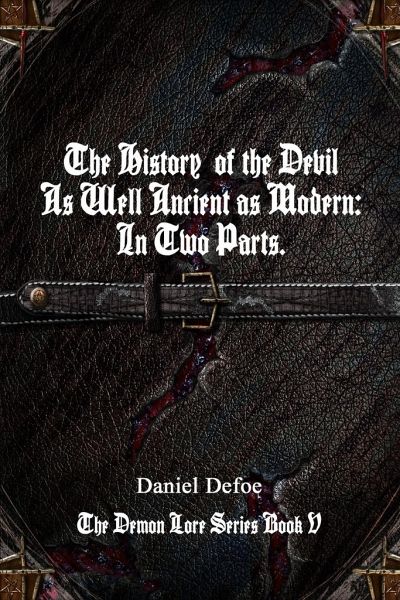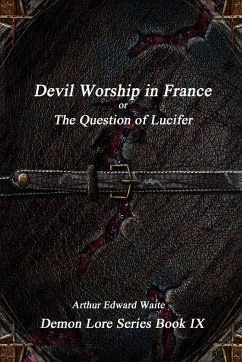
The History of the Devil
Versandkostenfrei!
Versandfertig in 1-2 Wochen
20,99 €
inkl. MwSt.

PAYBACK Punkte
10 °P sammeln!
Going back to ancient Biblical texts, Defoe uses the ideas we have had about the Devil and holds them up to the historical evidence. This shows where many misconceptions about how we think about the spiritual source of evil, a being that started as a powerful being that was to be feared to a trickster type being who sat on our shoulders and tempted us to do evil. Most people, regardless of the backgrounds believe in an external force of evil and Defoe uses those beliefs to gives us a true picture of who and what the Devil is.













